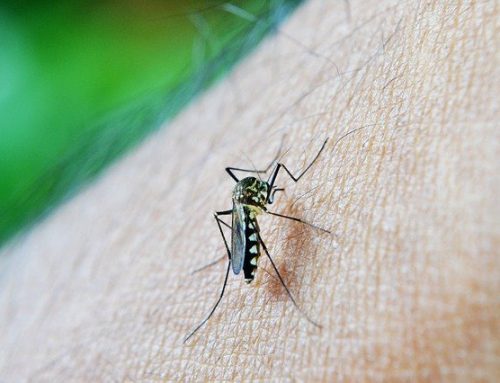When a friend’s baby had trouble latching on the breast, she was repeatedly assured that this was normal. Babies take time. It will all sort out. You know, the routine lip service. However, routine examination revealed something else. The doctor looked inside her baby’s mouth and uncovered the truth, that this was a case of Ankyloglossia, also called ‘tongue-tie’. This young mother was baffled. The medical condition almost sounded made up, but it wasn’t. Her baby was born with a thin tissue, called the frenulum, connecting the tongue to the bottom of his mouth. While most babies could freely move their tongue around their mouth, this little one was unable to do so.
As parents generally do, this mother went into a state of panic. Doctors were consulted. Specialists were interviewed. We learnt that while this condition wasn’t life-threatening, it could affect the quality of the baby’s life.
As a fellow mother, I felt her anguish. A condition neither of us has ever heard of before, was now all anyone could talk about.
How do you know it’s Ankyloglossia or tongue tie?
5 per cent of babies are born with tongue-tie syndrome. It’s more likely to affect boys than girls, and it is a genetic condition. So if any family had it, chances are your baby will too.
- Difficulty moving the tongue or sticking the muscle out of the mouth
- Unable to latch on during breastfeeding
- After solids are introduced, the tongue is unable to clean out leftover food in the mouth, leading to poor oral hygiene
- If left untreated, the child could have trouble with speech and certain word sounds.
What is the treatment for tongue-tie in babies?
Ankyloglossia is a very treatable issue. Parents can opt for a simple procedure called the Frenotomy. The doctor makes a tiny cut on the frenulum, which immediately frees the tongue, allowing for a full range of movement. There is hardly any blood loss. It’s a quick, easy treatment, that doesn’t require anaesthesia. After the cut, soothe the baby by breastfeeding immediately.
In milder cases where tongue-tie babies don’t have trouble nursing, parents can opt to wait it out. The frenulum might separate on its own as the baby grows.
Tongue-tie babies:
- Are unable to latch on
- Can cause sore nipples for the mother
- Have low weight gain
- Can develop colic or jaundice from lack of nutrition
- Be irritable or fussy due to hunger
When breastfeeding a tongue-tie baby:
- Use a nipple guard
- You can express your milk and feed in a bottle or using a vati-chamaach. Pump regularly to avoid engorgement or mastitis.
- Try different feeding positions to see which suits your baby. Some mothers prefer a reclining position.
Conclusion
Despite the harsh sounding name, ankyloglossia can be dealt with quite easily. Consult with your doctor before deciding on the treatment. If you opt for the wait-and-watch method, keep a watchful eye on your baby’s milk intake and weight gain.






Had never heard of this before. Very well researched